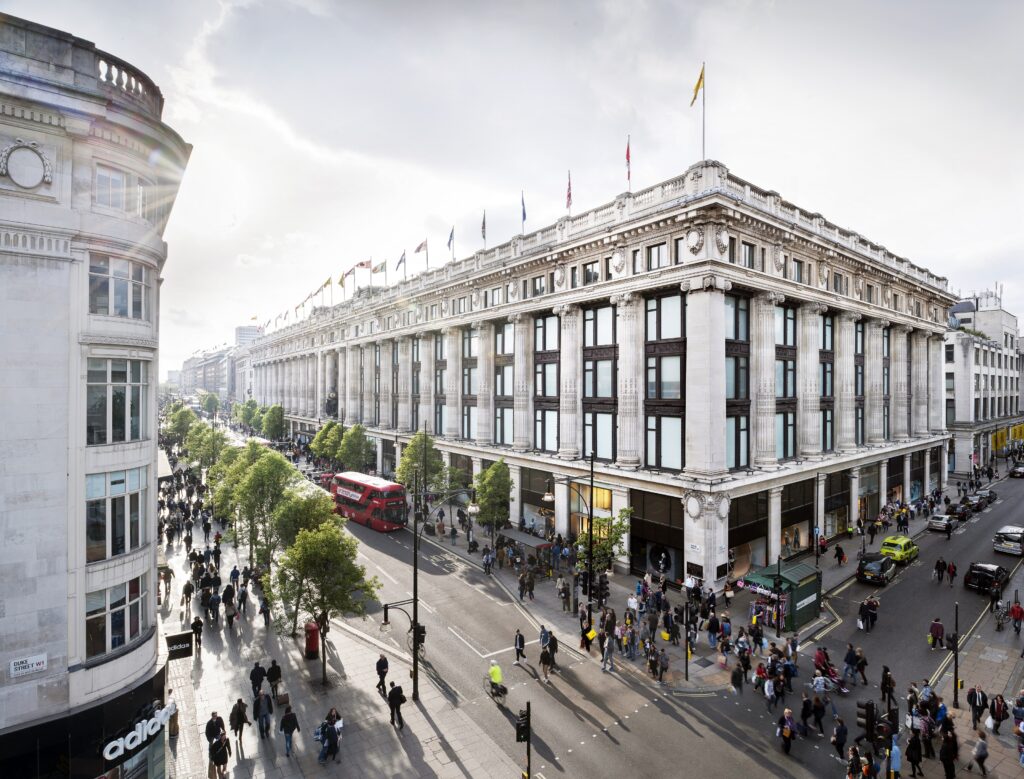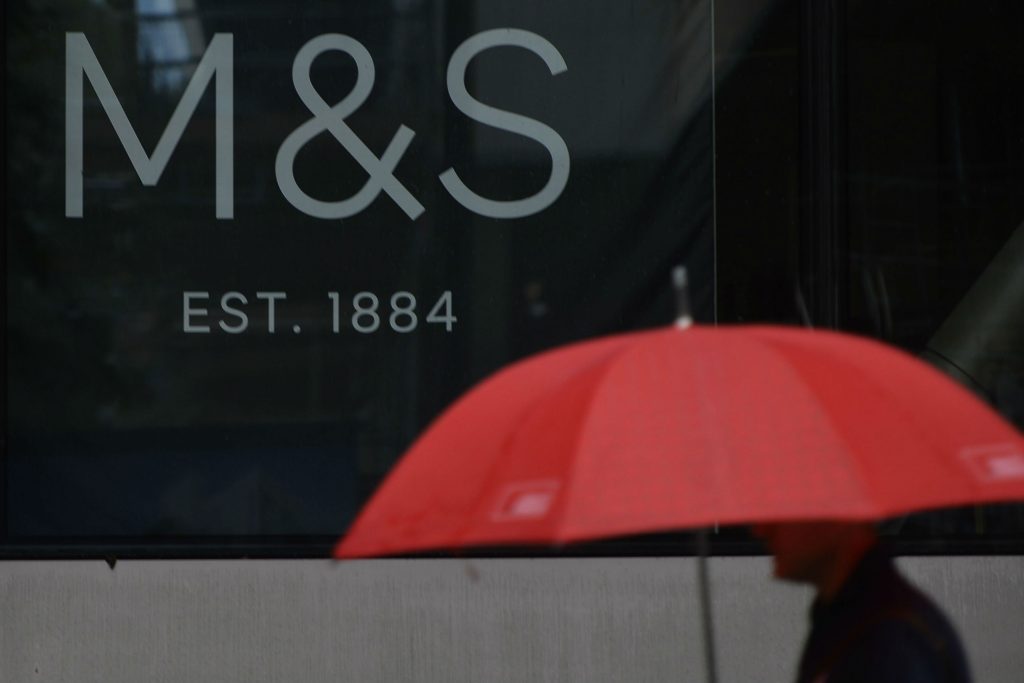// Research has found that Beales has been paying over £1 million more in business rates than it should be
// Colliers, who collated the figures, said the department store has been “crippled” by the rates’ transition relief
// Beales is teetering on the brink of collapse, with 22 stores and more than 1000 jobs at risk
Research has found that Beales has been paying over £1 million more than it owes in business rates, as the department store teeters on the brink of a possible collapse.
According to data from property consultancy firm Colliers International, Beales’ 22 stores are paying a total of £2.85 million in business rates this year.
However, according to Colliers’ estimates this is more than they should be, and this was attributed to the downwards phasing introduced following the 2017 revaluation of business rates.
Adding up the four years of overpayment by Beales, Colliers estimated that Beales has paid £1.06 million more in business rates than it should have in the years since the revaluation.
READ MORE:
- 1000 jobs at risk as Beales lurches towards collapse
- Beales up for sale amid wider business review
- Mike Ashley’s Frasers Group urges business rates reform in letter to PM
The news comes after the department store retailer recently filed a notice of its intention to appoint administrators, placing around 1000 staff at risk of losing their jobs as Beales warned it was on the brink of collapse unless a new buyer for the business is found.
In addition, just before Christmas Beales appointed KPMG lto conduct a strategic business review and to examine different options for refinancing.
One the options included putting the Bournemouth-based retailer, which was founded in 1881, up for sale.
Beales is also negotiating with landlords in the hopes of securing cuts to their rent.

Colliers said the retailer’s overpayment in business rates indicates it was “crippled” the transnational relief that is part of the rates regime.
Transitional relief was designed to reduce the increase by which rates would rise following an upwards rent revaluation, staggering the rise over a four-year period.
However, to keep the total business rate tax take revenue neutral, this relief has been funded by businesses based in areas where rents were dropping and who should therefore have been seeing their business rates payments reducing.
Instead, for many businesses, business rates reductions have been phased in slowly with the result that many struggling companies have perversely been paying more than they should be, whether or not they could afford to.
Colliers said that in Beales’ case, the department store saw a 14 per cent decline in its rateable value in the 2017 valuation and therefore should have seen a 14 per cent reduction in its rates bill.
In reality it only saw a three per cent drop in 2017/8 and in subsequent years the drops were -1 per cent and -2 per cent.
Beales chief executive Anthony Brown said called business rates situation a“lunacy” and said that in some stores the rate bill is three or four times the rent bill.
Colliers head of business rates John Webber said Beales was not alone.
“Many other stores who have joined the long list of CVAs and administrations since 2017 have suffered in a similar way,” he said.
“A number of Debenhams and House of Fraser stores on the closure lists were there because they were paying artificially high business rates due to phased downwards transition.
“Toys R Us suffered the same fate and was paying many hundreds of pounds worth of business rates bills higher than it should have been.”
Webber added: “There is one chink of light at the end of the tunnel. We are about to see a new revaluation in 2021 and given retail rents have collapsed, business rates falls should in theory follow.
“Of course, the government could put a spanner in the works and again introduce downwards transition as it did in 2017, limiting reductions. But that would be disastrous.
“One can only hope (and pray) that Mr Johnson and his colleagues have learnt from the deserted high streets of 2020 and the thousands of jobs losses -and provide a fairer playing field for the physical retailers.
“If he doesn’t, I’m afraid the crisis can only get deeper.”
Click here to sign up to Retail Gazette’s free daily email newsletter


















